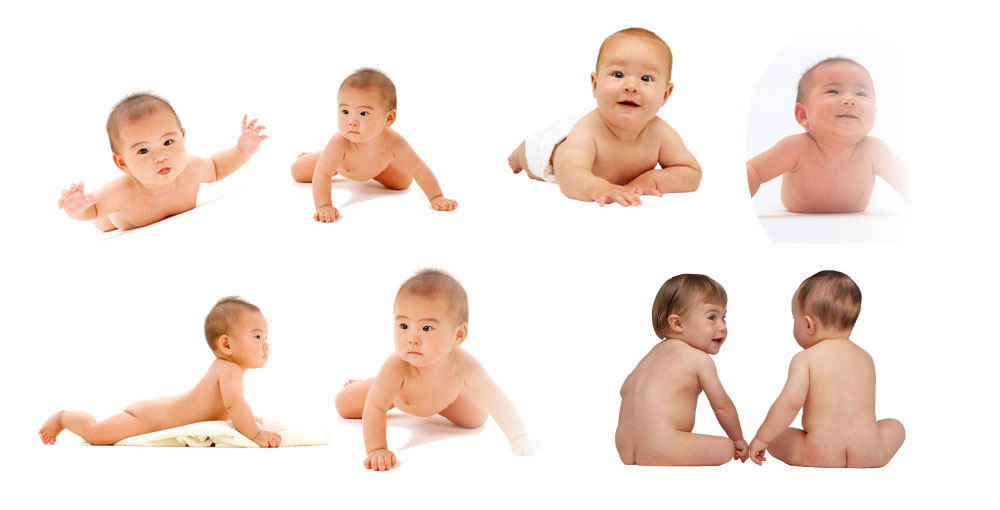Newborn’s development on 1~3 months
As a new mother, you should learn lots of knowledge on how to take good care of your newborn. For example, when it is in different seasons,
what should your baby wear? How thick should your baby wear? When your baby is sick, what should you do? Let your baby take some pills or take him or her to the hospital? How to educate your little baby? and so on. Here’s what your baby might be doing, how you can help and when to see an infant health professionally.

Developments on 1~3 months old infant
You might not realize it yet, but your baby is learning a lot as you are getting to know each other more day by day.
Babies usually sleep all day when they are born, but now open their eyes when they are one month old. Baby’s eyes tend to move with your face slightly. Eyes’ contact is one of the ways baby tells you that he wants your attention.
1~2 months old baby is more alert to sound. He will look at you when you talk to him. He is also more vocal, so you might hear throaty noises or some single vowels like “a” or “o”.
When baby is 3 months old, he is probably showing emotions like interest, disgust, distress and enjoyment. During this period, your baby also discovers he has fingers and hands. He can raise them and enjoy playing with his fingers.
Besides, crying is a normal part of development for most babies. Baby cries very often, but it will cry less and less gradually. Crying in this stage affects every baby differently. It usually peaks at around 6-8 weeks and reduces at around 12-16 weeks. Sometimes, baby cries for special demands, sometimes, he cries for no reason.
Helping your baby’s development at 1-3 months.
Here are some simple things you can do to help your baby’s development:
-
Look into your baby’s eyes: if your baby is looking at you, look back. This helps to connect you with your baby and also help to develop its brain.
-
Smile to your baby: when baby sees your smile, it releases chemicals in his body which makes him feel good and enjoyable. Smile plays a part in the connecting process, and also is the first step to communicate with adults. It helps your baby’s brain to develop.
-
React to its crying: babies cry for many reasons. He cries when the nappy becomes wet, when he feels hungry or the light is too bright. When you solve these problems, baby will feel comfortable and safe. This helps him to trust you and rely on you.
-
Spend time with your baby: when baby is awake, you’d better spare more time to keep accompany with him. Reading to him, sharing stories and singing are all ways to have fun being together. This helps your baby develop language and communication skills when he gets older.
-
Baby bathing: most babies enjoy bathing. Being put in water reminds him staying at womb, which makes him feel loved and safe. And bathing can also relax and comfort your baby when he is upset. Put it in a warm room in case your newborn gets cold.
Child development experts who study the subject say that happiness isn’t something you give babies--it’s the thing you teach them.
You want your baby to feel safe and be in good health, get rid of your worry on money, and have patience on details. Your mother must be very cautious to the maintenance of your newborns development.
